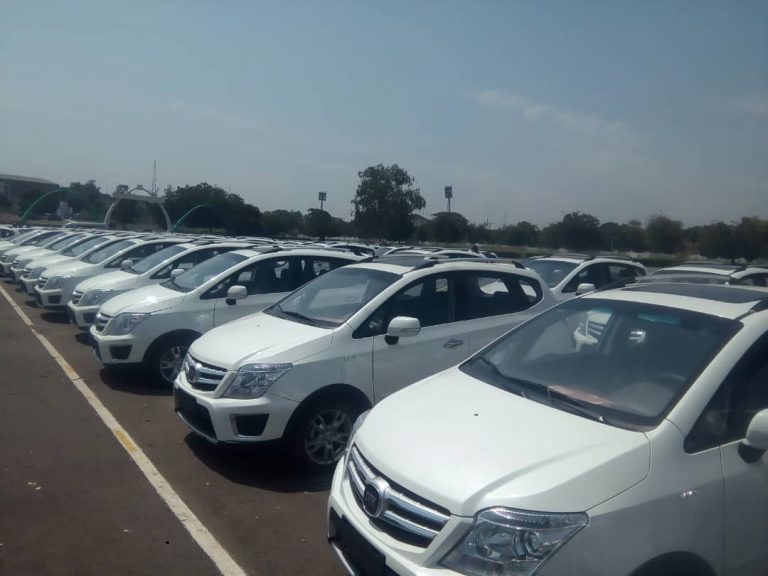
The Nigerian federal government is set to implement a “green surcharge” on imported vehicles as part of its ambitious plan to increase tax revenues.
This move, revealed in the Medium Term Expenditure Framework (MTEF), has been introduced amidst growing concerns over the impact of multiple taxation on businesses in Nigeria.
The MTEF serves as a blueprint for the proposed N26 trillion 2024 budget, which has garnered significant attention due to its scale and scope. The green surcharge represents a pivotal element of the government’s strategy to generate approximately N2.6 trillion in net taxes through Nigerian Customs.
Register for Tekedia Mini-MBA edition 19 (Feb 9 – May 2, 2026): big discounts for early bird.
Tekedia AI in Business Masterclass opens registrations.
Join Tekedia Capital Syndicate and co-invest in great global startups.
Register for Tekedia AI Lab: From Technical Design to Deployment (next edition begins Jan 24 2026).
President Bola Tinubu, in August, expressed his commitment to reducing the country’s heavy reliance on borrowing to finance public spending by improving revenue generation through tax reforms.
The MTEF document outlines a total of 18 strategies aimed at enhancing Customs revenue collection between 2024 and 2026. Point XIII specifically focuses on the introduction of a green surcharge on imported vehicles, stating, “Introduction of green surcharge on imported vehicles and excise duty on gambling and lotteries, including online betting.”
While the specific details of this green surcharge remain somewhat unclear as the document does not provide a comprehensive explanation, earlier this year, the Buhari administration hinted at the introduction of additional taxes for imported vehicles. Consequently, the Federal Government had already implemented the Import Adjustment Tax (IAT) levy on motor vehicles, with a 2% rate applied to vehicles with 2-liter engines (ranging from 2000 cc to 3999 cc) and a 4% rate imposed on vehicles with engines exceeding 4 liters (4000 cc and above), effective from June 1, 2023.
Furthermore, starting from the same date, certain categories of vehicles were exempted from this levy. These included vehicles with engines below 2000cc, mass transit buses, electric vehicles, and locally manufactured vehicles.
In terms of significance, the government’s move to introduce a green surcharge on imported vehicles underscores its commitment to enhancing revenue generation and possibly encouraging more environmentally friendly transportation alternatives. However, this approach has faced criticism from business leaders who view it as an additional burden on already-choking businesses in Nigeria.
Critics have repeatedly called on the government to reduce the cost of governance, which consumes a significant portion of the nation’s revenue. Nigerian lawmakers, in particular, have faced scrutiny for allocating a substantial budget of N54 billion to purchase cars while the country grapples with revenue shortfalls and borrowing dependencies.
Notably, in the first quarter of 2023, Nigeria’s net earnings from crude oil and gas amounted to N486 billion, while net earnings from Solid Minerals were N1.99 billion. The N54 billion spent by lawmakers on cars accounted for 12% of the total government’s revenue in Q1, leading to concerns about the allocation of resources in light of the nation’s fiscal challenges.



